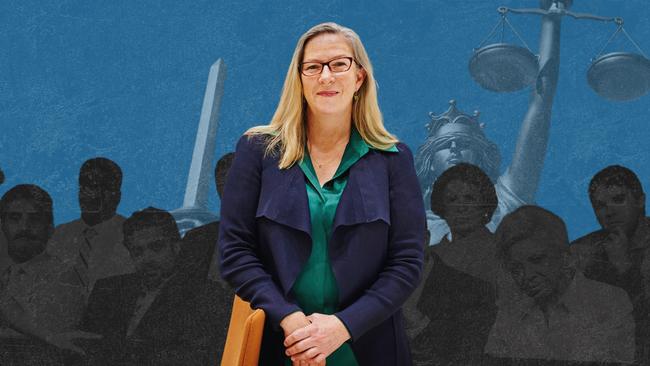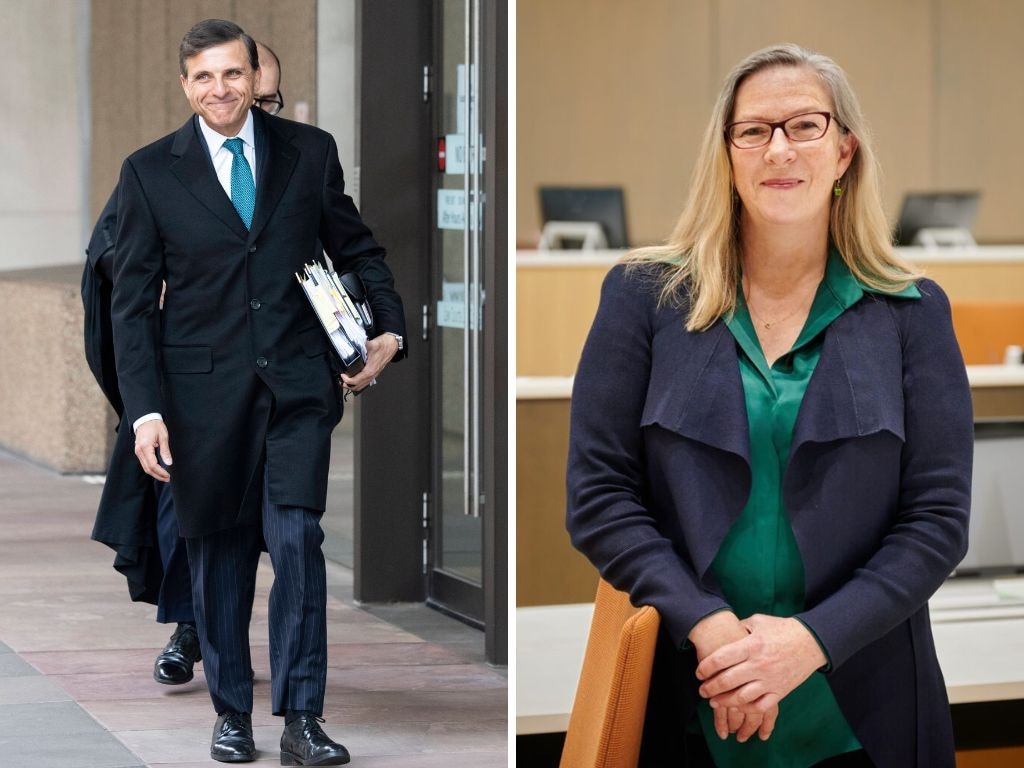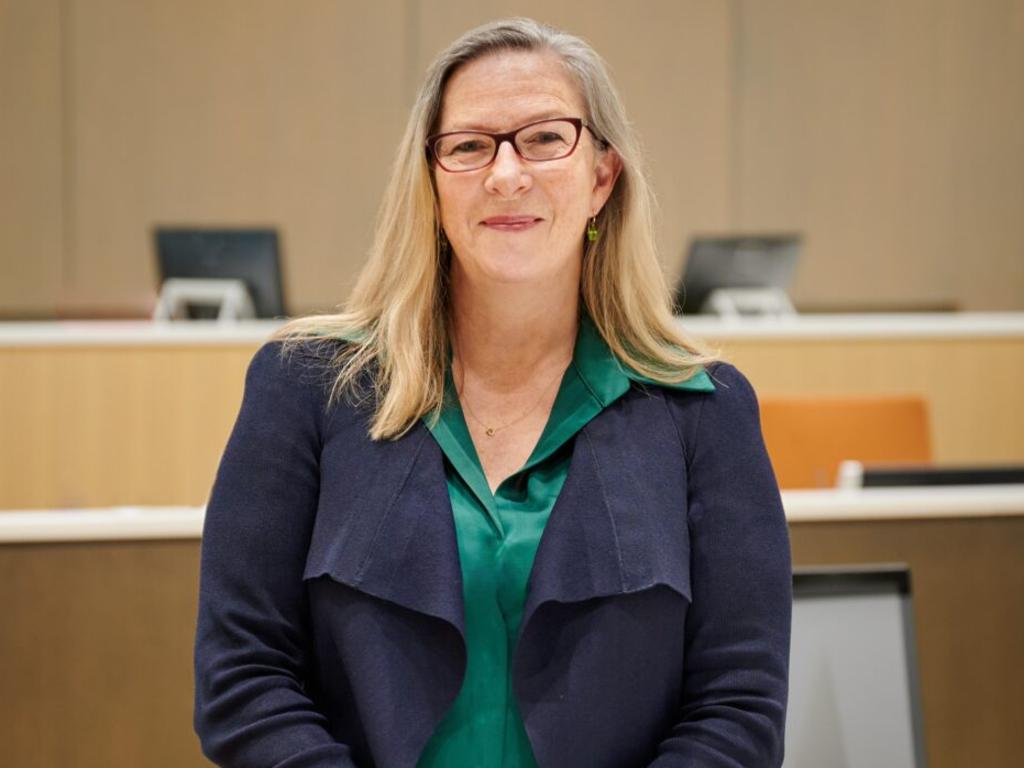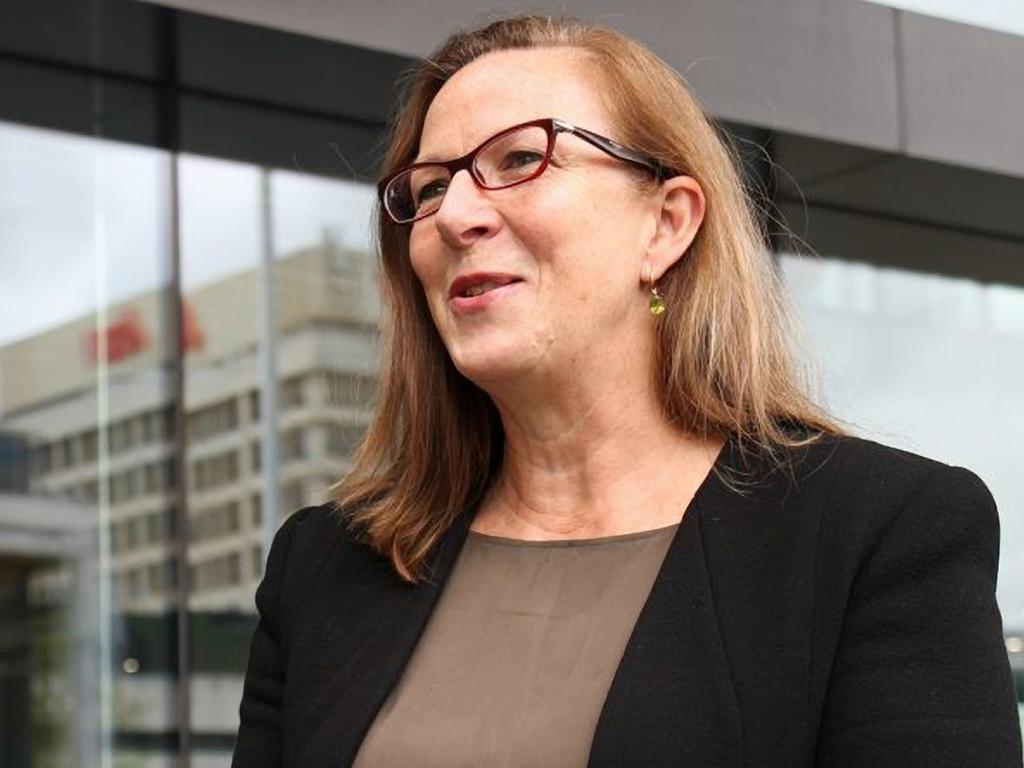Believe it or not, evidence and juries do matter to a fair trial


Many want to explain how they arrived at a verdict. But they are prohibited by law from doing so. That’s a shame.
Current and former jurors deserve a right of reply to McCallum’s concerns that jurors find it so hard to believe a sexual assault allegation. When entering the jury room, did they start from the position apparently favoured by McCallum that jurors should not find it so hard to believe an allegation of sexual assault? Or did they follow the evidence and the law, and nothing more?
Laws in different jurisdictions across Australia prohibit us from even speaking to current and former jury members about jury deliberations – let alone publishing such information.
So, to protect jurors who contacted us from different states and territories – and to protect us – we steered clear of discussing their deliberations but can report, without breaching the law, some of their reactions to McCallum’s comments.
One former juror was astounded by McCallum’s comments. The former juror said those comments “seem completely contrary to the direction of the judge in our case. He was really clear. You may only reach a conclusion on the basis of the evidence and testimony here in this courtroom today. So, what I believe or don’t believe was irrelevant. We had no latitude to believe or to imagine anything. We could only reach a conclusion on the base of the evidence provided, and that’s exactly what we did”.
It’s a matter of public record that this trial concerned a historical allegation of sexual assault. It was alleged to have happened some 10 years before the defendant was charged, and the subsequent trial. The jury heard no other testimony about the alleged assault except from the complainant. After deliberating for 20 minutes, the jury found the defendant not guilty.
Is McCallum suggesting the jury in this trial should have believed the allegation of sexual assault, sending the defendant to prison, even though there was no corroborating evidence?
McCallum’s comments on Friday to the Jury Research and Practice Conference in Canberra were, to say the least, jumbled. On the one hand the Chief Justice recalled her days as a prosecutor in Canberra. “We loved Canberra juries because they got it right,” she said. “I have never experienced a trial where I didn’t think the result was right.”
But the ACT’s most senior judge also said that “since I’ve come back to Canberra, I have a feeling of unease about what juries make of allegations, particularly allegations of sexual assault … I want to understand why in the 2020s jurors find it so hard to believe allegations of sexual assault”.
A former juror – who was also the jury foreperson – said a jury member would be in little doubt about what she was saying. “She seemed to be saying to prospective jurors, that you shouldn’t find it so hard to believe an allegation of sexual assault.”
The jury member said a prospective juror should be shocked by these comments from a Chief Justice. “It comes back to the fundamental principle, as I understand it, and I’m no lawyer, but, innocent before guilty. You have to be proven guilty beyond reasonable doubt. A complainant may be telling the truth, but that’s not enough. A jury can only convict on the evidence they hear in court.”
Perplexed by Her Honour’s apparent preference that juries find it easier to believe an allegation of sexual assault, the former juror said: “Why do we even need a court then? Why do we need a judge? Why do we need a jury? Why do we need a prosecution? Why do we need a defence? If we’re just going to believe somebody, then all of that becomes redundant. We wouldn’t even need to be there.”
The juror, who has two daughters, started from the position that sexual assault is abhorrent. “But we were there specifically to assess the evidence that was put before us. If you don’t base your verdict on the evidence, then surely that’s a miscarriage of justice.
“If there is a fundamental change to our law, and the judge said ‘well, don’t worry about finding guilt beyond reasonable doubt, don’t worry about the evidence’, if the complainant is to be believed, and that’s all there is to it, if that’s the way we’re going to approach the law in Australia, then that would be the only thing that would change our view – if we were specifically told how to execute these kinds of laws.
“The flip-side is what if you’re the defendant? What if there’s a false allegation or a wrong allegation against you – or someone you know?” the juror said, expressing common sense that appears more common among ordinary people, than the Chief Justice of the ACT Supreme Court.
Another former juror who sat on four trials told The Australian, “everyone, almost to a person, took the job so seriously”.
“You’ve got to have a completely open mind about any person who comes before that court. What I saw in that jury room were 47 different people from all walks of life, and none of them had any preconceived ideas.”
The idea that jurors shouldn’t find it so hard to believe an allegation of sexual assault is disturbing on so many levels. As a former juror told The Australian this week: “When I read those comments (by McCallum) I thought, where is she coming from? Is she trying to say that we’ve got to get rid of juries and just let these superior judges and all that handle the criminal justice system? Should they be handling it? What’s wrong with us, ordinary Australians being involved in our own justice system?”
The question is not whether a complainant is believed or not. It’s the question of whether the allegation is supported by the totality of the evidence. If we simply convict based on one person’s word against the other, our jails would be full, and we’d need to build more to accommodate those found guilty because a jury simply believed an allegation.
Even if a jury ultimately returns a not-guilty verdict, if we proceed to trials on the basis of an allegation – without sufficient evidence – many lives will be damaged. Not just the life of the alleged perpetrator. A not guilty verdict may leave many alleged victims humiliated, believing that they have been found to be a liar, damaging their lives too.
It’s time we heard from a judge, preferably a judge from the ACT who may agree that McCallum seems to have committed serious self-harm against her ACT judicial colleagues.
Did McCallum’s comments about juries finding it so hard to believe an allegation of sexual assault serve the administration of justice? Or did these comments undermine it?
Is there a brave member of the bench anywhere in this country who, unlike a juror, is not constrained from speaking truth to power?







Over the past few days, former jury members who delivered verdicts in sexual assault trials and other trials have contacted The Australian. They are concerned about the public commentary last week by ACT Chief Justice Lucy McCallum that “in the 2020s jurors find it so hard to believe allegations of sexual assault”.